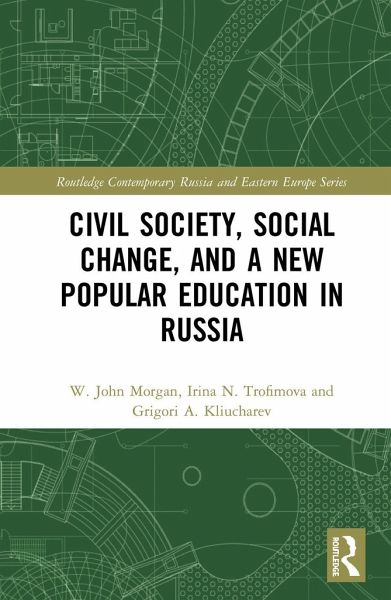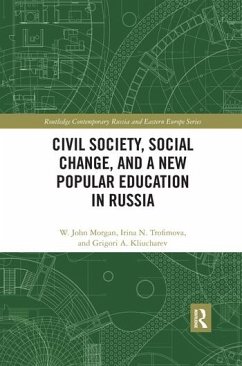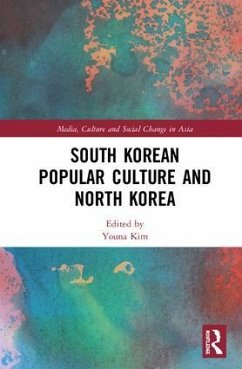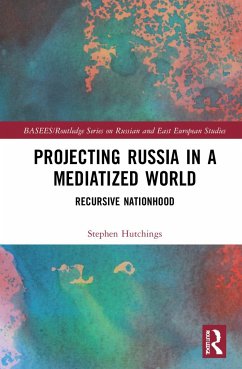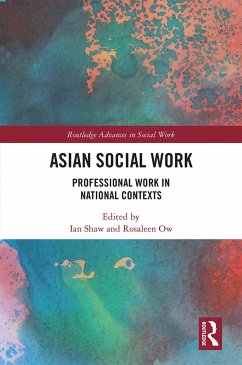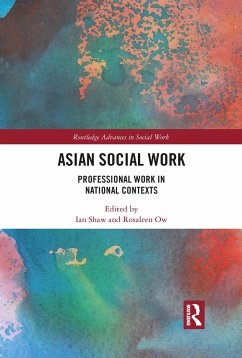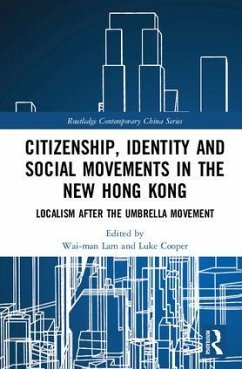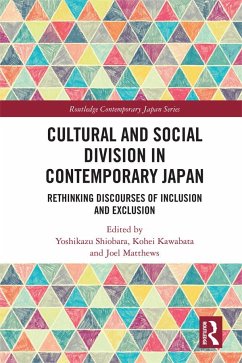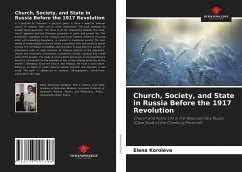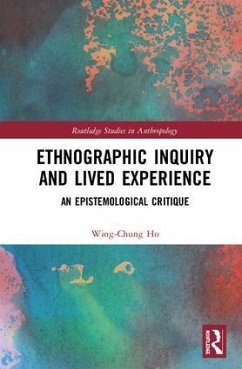W. John Morgan is professor emeritus, University of Nottingham; honorary professor, School of Social Sciences, and Leverhulme emeritus fellow, Wales Institute of Social and Economic Research, Data, and Methods, Cardiff University, Wales, United Kingdom. He is also D.Sc. (hc), Institute of Sociology, Russian Academy of Sciences, Moscow, Russia. Irina N. Trofimova is senior research fellow and Dr. Sci. (Politics), Centre for the Sociology of Education, Science and Culture, Federal Center of Theoretical and Applied Sociology, Russian Academy of Sciences, Moscow, Russia. Grigori A. Kliucharev, is professor and Dr. Sc. (Philosophy), and head of the Centre for the Sociology of Education, Science and Culture, Federal Center of Theoretical and Applied Sociology, Russian Academy of Sciences, Moscow, Russia. He is also editor in chief of the journal Sotsiologicheskie Issledovaniia (Sociological Studies).
